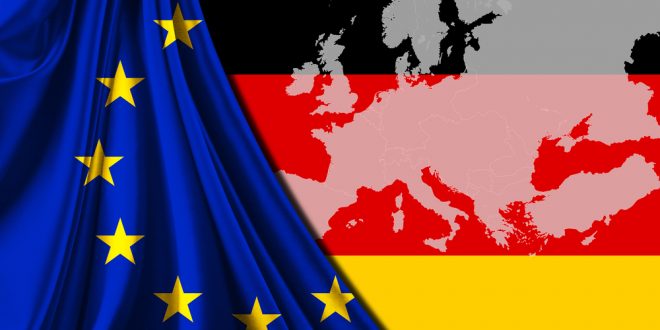Germany’s business activity continued to shrink in August, marking the second consecutive month of contraction and signaling deepening challenges for the eurozone’s largest economy. A preliminary survey released on Thursday revealed that the downturn was more severe than economists had anticipated.
PMI Index Highlights Economic Struggles
The HCOB German flash composite Purchasing Managers’ Index (PMI), compiled by S&P Global, dropped to 48.5 in August from 49.1 in July, missing the 49.2 forecast in a Reuters poll. This index, which tracks activity across both the services and manufacturing sectors, underscores the ongoing difficulties in the German economy. A reading below 50 indicates a contraction in business activity.
The disappointing PMI figures suggest that Germany’s economy, which unexpectedly shrank by 0.1% in the second quarter, is struggling to gain momentum as it enters the second half of the year.
Sector Breakdown: Services and Manufacturing
The services sector, which had been a relative bright spot, showed signs of slowing. The services index eased to 51.4 in August from 52.5 in July, remaining in expansion territory but at a slower pace. Analysts had predicted a more modest decline to 52.3, making the actual drop steeper than expected.
Manufacturing, however, continued to grapple with a significant downturn. The manufacturing PMI plummeted to 42.1 from 43.2 in July, contrary to analysts’ expectations of a slight improvement to 43.5. This ongoing weakness in the manufacturing sector, a key component of Germany’s economy, is particularly concerning as it highlights persistent challenges in global demand, supply chain disruptions, and other sector-specific issues.
Outlook and Implications
The sharp decline in both services and manufacturing indices raises alarms about Germany’s economic trajectory. The continued contraction in business activity could lead to further economic slowdown, potentially complicating efforts to revive growth in the broader eurozone.
As Germany’s economy accounts for more than two-thirds of the eurozone’s output, these figures may have broader implications for the region’s economic health, potentially influencing European Central Bank (ECB) policy decisions in the coming months.
The outlook remains uncertain, with economic indicators pointing to a challenging road ahead for Germany as it navigates through persistent economic headwinds.
 Noor Trends News, Technical Analysis, Educational Tools and Recommendations
Noor Trends News, Technical Analysis, Educational Tools and Recommendations





